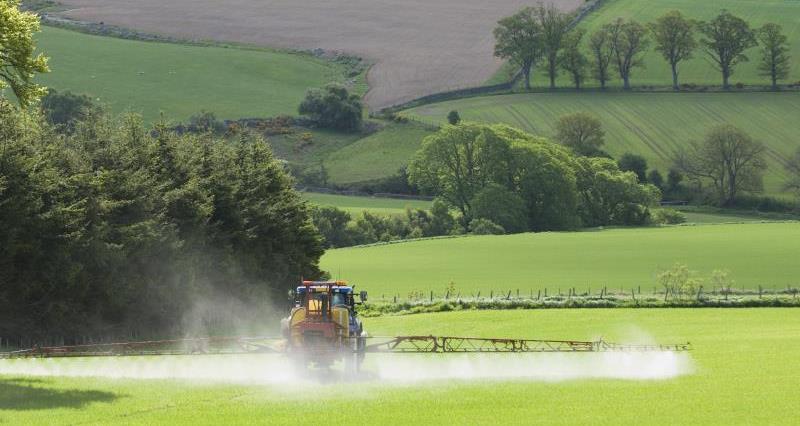This was not an opportunity for full consultation on the criteria, but merely a chance for stakeholders to put forward their ‘reactions’. Endocrine disruptors are chemicals, both natural and manmade, which could have a negative impact on hormone systems and as such some substances in plant protection products (PPPs) may fall into the proposed criteria.
The criteria released by the European Commission can be read here but essentially it involves changes to the regulations governing PPPs and biocidal products. The proposed changes must pass through EU processes before taking effect. Firstly, member state representatives from relevant government departments will discuss together with the commission and then need to vote to adopt the legal acts. After that, the European Parliament and member state ministers in the Council will have the opportunity to further scrutinise the acts. If no major objections are raised that can’t be incorporated into the text the changes will come into force.
The UK farming unions stressed the need for a risk based science-led approach to regulating endocrine disruptors, warning that adoption of the proposed criteria would ultimately undermine farmers competitiveness leaving them with fewer options to tackle pests and diseases.
The response pointed to the need to consider risk of exposure to substances and potency of the chemical when regulating. This view was also expressed by the European Food Safety Authority (EFSA) when they carried out their own assessment. The Commission’s proposal does include an option to include exposure in each individual PPP assessment, but the Unions highlight that case specific derogations provide little certainty to farmers as to which products will remain available.
In 2013 a study commissioned by NFU, CPA & AIC from consultants Andersons examined the effect of losing the 40 most at-risk substances, and at that time in the wider food processing and manufacturing sectors there was an estimated £2.5 billion loss in GVA and associated job losses of 35,000 - 40,000.
You can read the full response from the UK farming unions here
